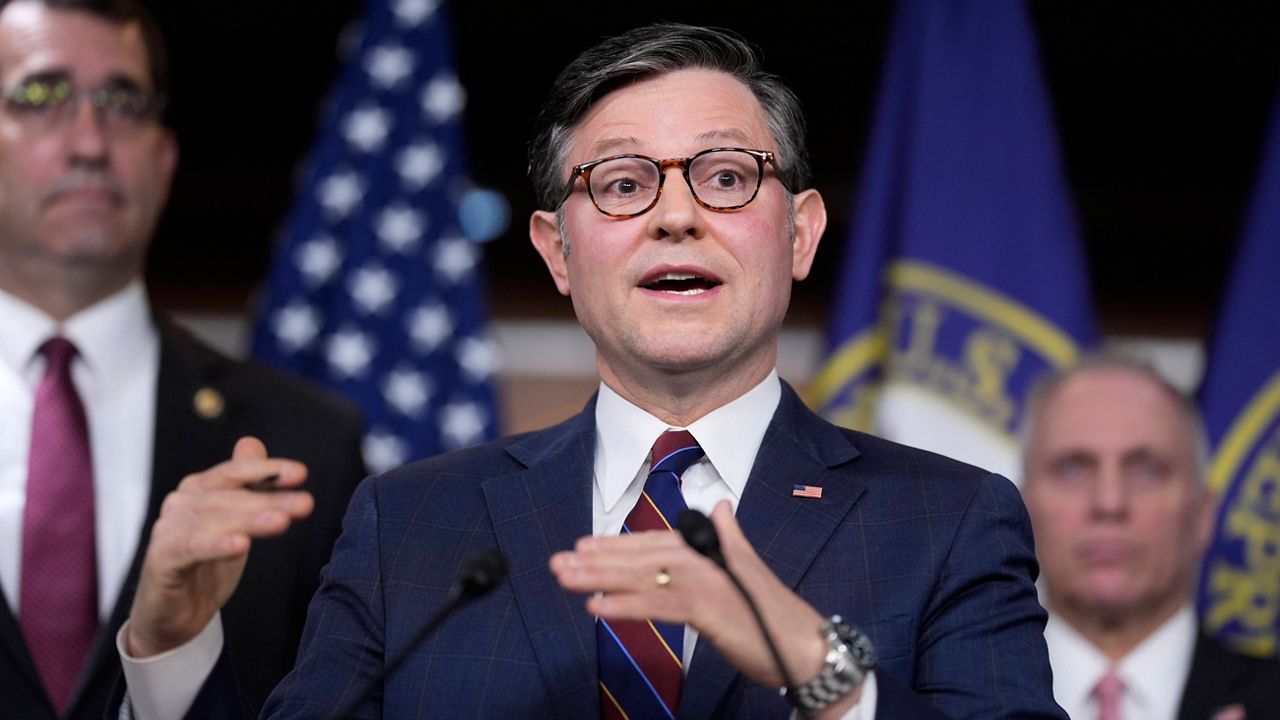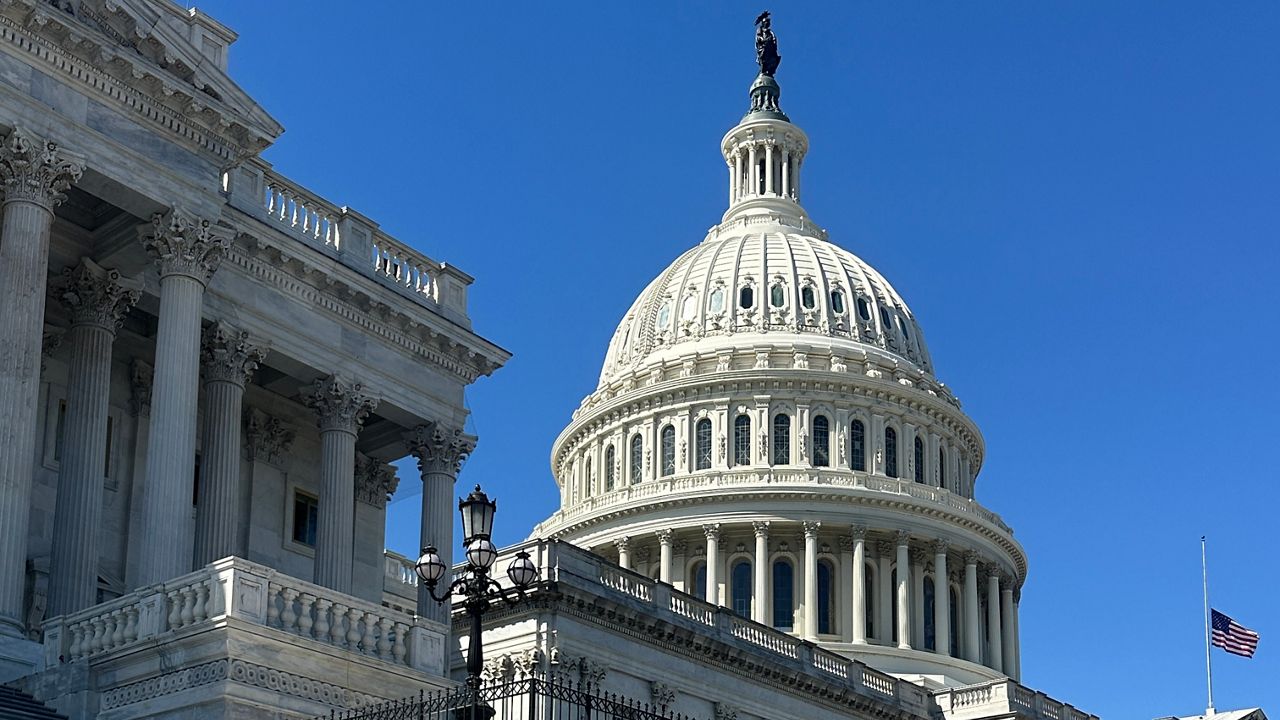WASHINGTON, D.C. — In Puerto Rico, a historic vote will take place this November over the U.S. territory’s future political status. Gov. Pedro Pierluisi announced the island will have three options to choose from on a non-binding ballot measure, but all will be non-territorial options.
Voters will choose between statehood, independence, or independence with free association, the terms of which would be negotiated regarding foreign affairs, U.S. citizenship, and the use of the U.S. dollar.
“The goal here is to give voters on the island in Puerto Rico another opportunity to continue affirming their desire to end the current territory status and to show their preference among the non-territory options,” said Puerto Rico Statehood Council Executive Director George Laws Garcia.
Advocates for statehood like Garcia say the island’s current territory status has put Puerto Rico at a disadvantage for federal programs and representation.
The “plebiscite” or ballot measure called for by Pierluisi is similar to the options in the Puerto Rico Status Act the House passed in 2022 when it was controlled by Democrats.
The Biden Administration put out a memo in support of the bill, but it didn’t go to a vote in the Senate.
While some Republicans did vote in favor of the measure, others have expressed concerns over the island’s debt.
In Puerto Rico, the ballot measure is being supported by Democrats and Republicans.
“This plebiscite is being made by Governor Pierluisi, who is the Democratic Governor. He just lost his primary to Resident Commissioner, Jennifer [González-Colón] and they’re both supporting this effort as the highest elected officials on the island,” Laws Garcia said.
The outcome of the vote will be non-binding, and ultimately it’s up to Congress and the president to decide on the issue.









